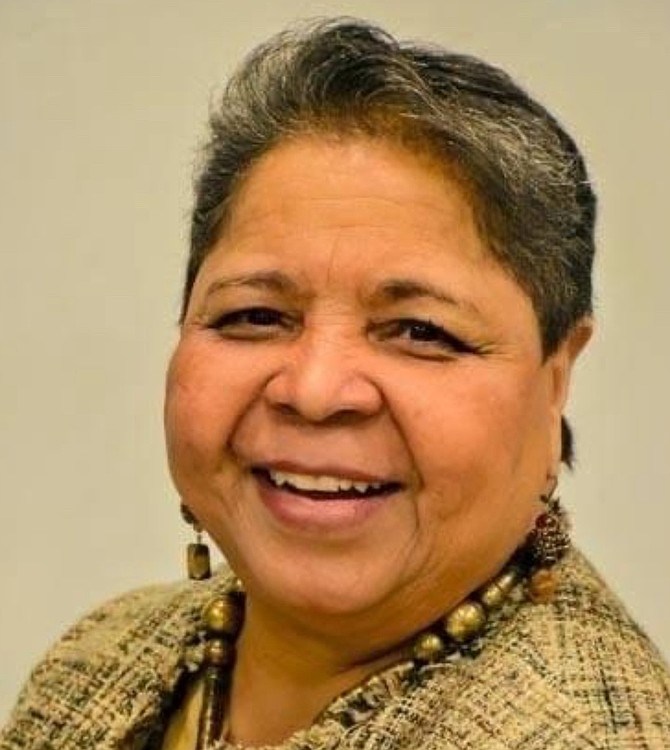Don’t Cast Your Fate to the Wind

Don’t Cast Your Fate to the Wind
For many older homeowners, the family home is more than a roof and four walls — it represents security, sacrifice, and the hope of leaving something meaningful behind. But financial planners warn that relying on a home alone as a retirement or legacy strategy can create gaps that put families at risk.
Industry experts say the problem is growing. Older adults who purchased homes during more affordable eras now carry significant equity, yet many lack comprehensive estate or financial plans. As a result, adult children and heirs often face unexpected legal, tax, or long-term care challenges that a house, by itself, cannot solve.
Equity in real estate can contribute to long-term financial stability, but it does not pay monthly expenses. Rising costs of living — especially property taxes and insurance premiums — can quickly strain a fixed income. As a financial advisor, I’ve seen many retirees assume they can “live off the house,” only to realize that equity isn’t liquid unless they sell or borrow against it.
A home can support a retirement plan, but it cannot be the plan.
Another common misconception is that owning a home eliminates the need for wills, trusts, or powers of attorney. Nothing is further from the truth. Each of these documents serves a specific purpose in a sound estate plan designed to avoid probate whenever possible. Most estate planners know that probate can take months or even years — and it often reduces the value ultimately passed to heirs.
A primary home is also central to long-term care planning. Medicaid rules allow seniors to keep their home while receiving care benefits, but states are allowed to recover those costs from the estate after death — including from the home itself. Families are frequently shocked to learn that the house they hoped to inherit may be subject to Medicaid estate recovery if no advance planning is in place.
I write this column each week to keep y’all in rhythm with the best thinking in the financial, legal, and elder-care fields. And the professionals agree with me on this: every homeowner needs a comprehensive plan that integrates housing, healthcare, income, and legacy goals.
I know I may sound like a broken record, but the fundamentals never change. My recommended steps include:
• reviewing all beneficiary designations
• creating or updating wills and powers of attorney
• considering a trust for smoother transfer of real estate
• evaluating long-term care options before a crisis strikes
Your home can remain a powerful part of your family’s legacy — but it is only one piece of the picture. Sentiment alone can’t protect it. A solid plan can.
For many families, the home is the place where memories and traditions were made. But the financial realities of aging demand more than nostalgia. A well-organized estate plan ensures that homeowners protect what they’ve built, preserve family harmony, and secure their own quality of life.
In today’s environment of rising costs and increasing longevity, one truth grows clearer by the day:
It’s wise to have a plan for your home — don’t cast your fate to the wind.
My best to you and yours,
Bren Sheriff, CSA
THIS WEEK’S QUIZ: If a man dies and was divorced from two wives, each after ten years of marriage, can both ex-wives collect Social Security survivor benefits?
Answer to the last week’s quiz: The annual increase for Social Security and Supplemental Security Income (SSI) is based on the rise in the Consumer Price Index for Urban Wage Earners and Clerical Workers (CPI-W). A 2.8 % increase has been announced for 2026.
For Questions or Help: 773-817-0601 or basheriff1@gmail.com
Disclaimer: The illustrations presented in this column are not, nor are they intended to be, legal, financial, or any other licensed professional advice, you should contact the licensed professional of your choice for advice on your individual situation.
Latest Stories
- Legislation targets vertically integrated vision benefit managers and moves to close regulatory loopholes
- Vintrendi Wine Company Owner Shares His Favorite Black Owned Businesses
- Soul & Smoke Owner Values Working With Other Black Owned Businesses
- NSBE Chicago Hosts Engineers Expo
- Local Financial Literacy Columnist Encourages The Community To “Get Your House In Order”
Latest Podcast
Get Your House In Order 2

